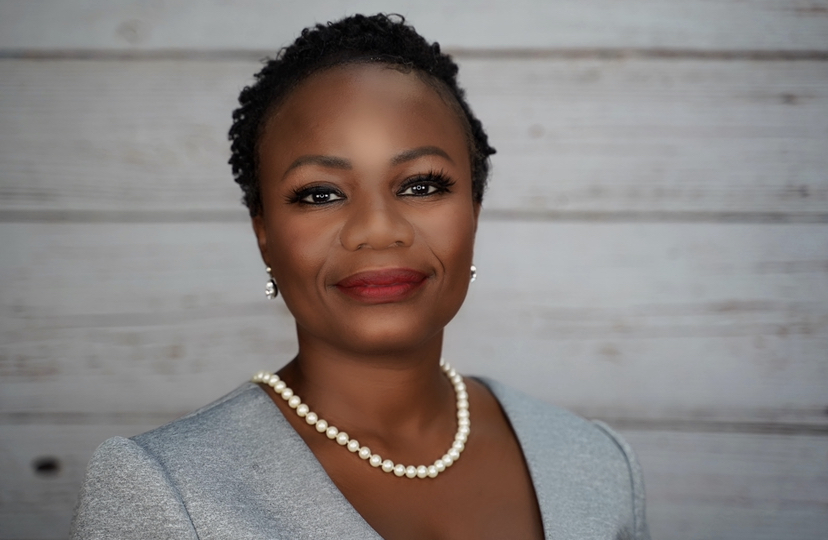Quick Takes
Dr. Katie Boston-Leary is the Director of Nursing Programs and Healthy Nurse Healthy Nation at the American Nurses Association, overseeing Nursing Practice and Work Environment and she is the co-lead of Project Firstline, a CDC collaborative grant to address infection prevention and control education for nurses around the country.
“Nurses hold the keys to any and every successful health care system. The pandemic has illuminated the dire and demonstrative needs of the nursing workforce to address health inequities and public health effectively and successfully. The time is now.”
The COVID-19 pandemic relentlessly continues. While The U.S. Centers for Disease Control and Prevention update pandemic-response guidance, what is your assessment of the current impact on healthcare delivery?
I look from two perspectives. I think about how the latest developments affect the exceptional nurses who have been on the front lines during this deadly pandemic. And I think about what healthcare organizations’ leadership can do to support nurses so they can safely and effectively care for the communities they serve.
It is a fact the nurses comprise the largest segment of the healthcare workforce. What we are currently seeing, unfortunately, is that more nurses and nurse leaders are leaving the profession.
Dealing with the pandemic day-to-day, working extra shifts, caring for patients who do not survive – it is understandable that nurses and nurse leaders are experiencing emotional fatigue and burn-out. Working 12-hour shifts week after week, sometimes five or six days in a row, takes a physical, emotional, and behavioral toll.
What can organizations do to retain their best, brightest, most committed and dedicated nurses?
It should start with an aggressive action plan by executives and healthcare administration leaders – which includes nursing leaders.
The first thing is the acknowledgement of the data that the nursing workforce has significant issues that need to be addressed and dealt with.
When I was Chief Nursing Officer at University of Maryland, I would talk with my nurses and nurse leaders every day. That was before the COVID-19 pandemic. The current data shows that nurses are struggling more than prior to the pandemic. Many nurses are not sleeping well, not eating well, not exercising, not hydrating – not consistently doing things that contribute to their own wellbeing.
In my experience, I have observed that nurses tend to not ask for help when they need it. Then they sometimes reach a breaking point which can result in a change of position, department, employer, and, in some case, they leave the profession altogether.
Leaders need to develop strategies that include wellness assessments, which would accomplish two things. In the same way that employee engagement is measured annually by most organizations, wellness in the nursing workforce needs to be measured on a regular basis. That baseline data would provide the input needed to respond to their needs and affirm the organization’s commitment to having a healthy nursing workforce.
What can organizations do with respect to community outreach?
Community outreach and community education is a key part of addressing the pandemic, population health, and disparities and inequity.
The most important message right now is the fact that we are still in this pandemic. And not nearly out of it yet even though many of the restrictions that most people adhered to have been lifted – if they are vaccinated.
People need to be told – again and again – that they need to be mindful of the facts and evidence. We still have people that are getting infected every day. We have people in the hospital who are sick with COVID, dealing with the debilitating effects, or dying.
Everybody needs to understand the importance of being vaccinated and adhering to the CDC guidelines. Now is not the time to get lackadaisical.


